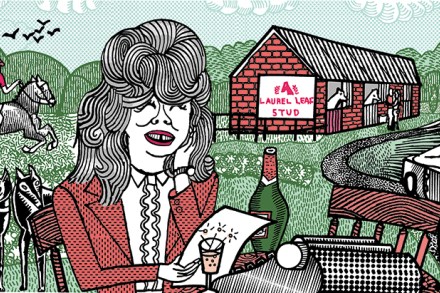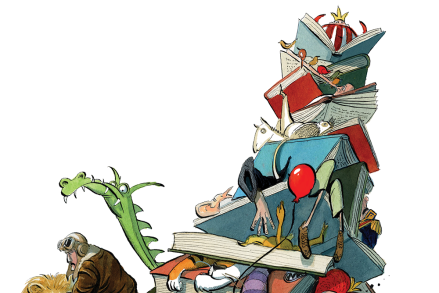Ireland is looking for its own Nigel Farage
A few years ago, I watched an Irish-made drama on Netflix called Rebellion. Given that it was about the 1916 Easter Rising, I expected it to be somewhat anti-British but was pleasantly surprised. I knew the basics of what happened, but the series made me question why I knew so little about Irish history and politics more generally. I could name each taoiseach (prime minister) going back to Jack Lynch but, apart from Eamon de Valera, none before him. So I began to read voraciously about our nearest neighbour. Having edited books about British prime ministers and American presidents, I decided that one of the (now) 16 men who have




















